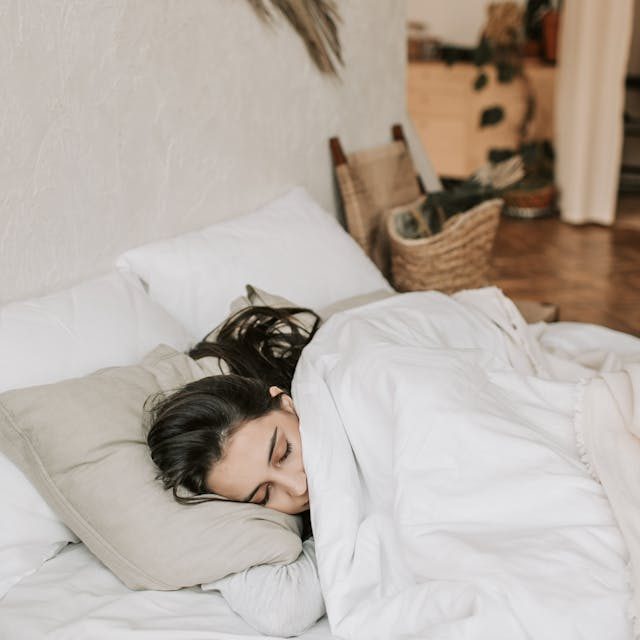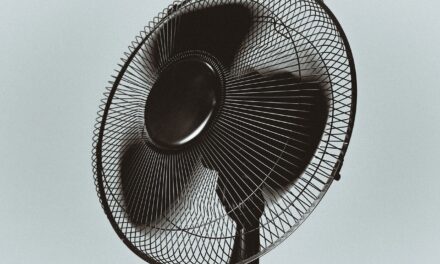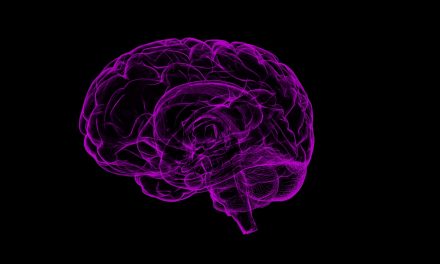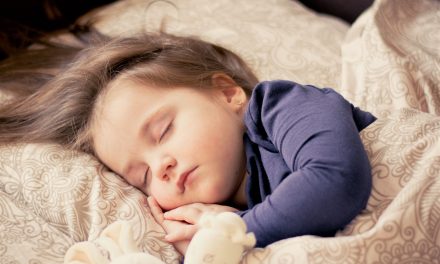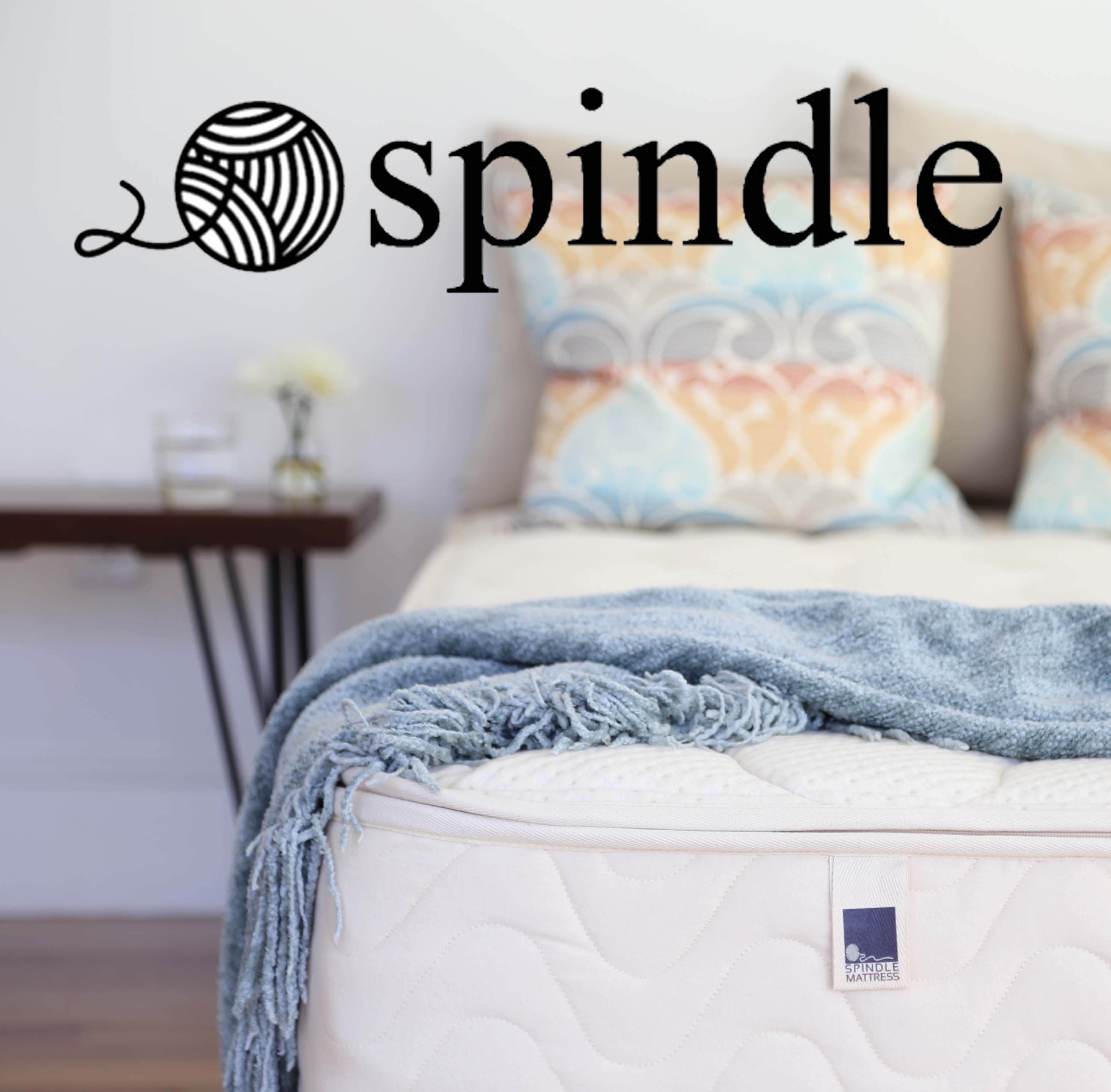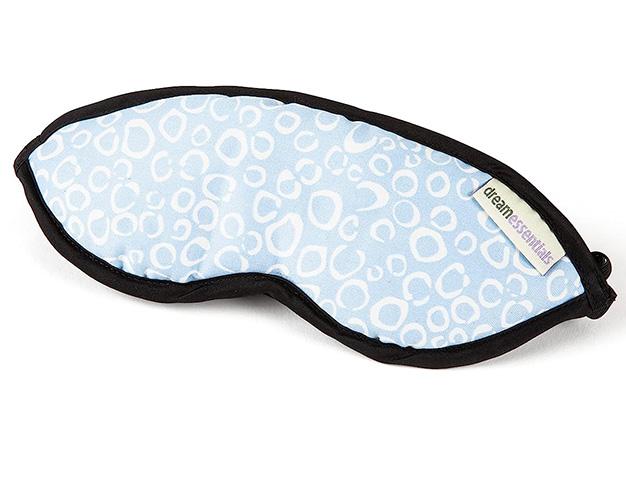The study was conducted by researchers at the NYU Grossman School of Medicine, with data collected from 13,204 participants who wore fitness trackers. The findings were presented at the American Heart Association’s Scientific Sessions in Chicago. The study was led by Adeep Kulkarni, a data analyst at NYU Grossman School of Medicine, and the senior researcher was Dr. Souptik Barua, an assistant professor in the department of medicine’s division of precision medicine at NYU Grossman. The research was part of the National Institutes of Health’s All of Us research program.
- Overall Sleep Patterns:
- The study involved 13,204 participants wearing fitness trackers
- Average sleep duration was about 6.4 hours per night
- Only about 1/3 of participants got the recommended 7-9 hours of sleep
- This means roughly 65% of people studied were sleep-deprived
- Demographic Differences:
- Women and younger adults (18-44) got the most sleep, though still below recommendations
- Significant racial disparities were observed:
- White participants (81% of study): ~6.5 hours/night
- Black participants (5% of study): ~5.7 hours/night (almost 50 minutes less)
- Asian participants (3%): ~6.3 hours/night
- Hispanic participants (6%): ~6.2 hours/night
- Health Correlations:
- People with certain health conditions slept slightly less:
- High blood pressure
- Diabetes
- Sleep apnea
- Study Strengths:
- Used objective data from fitness trackers rather than self-reporting
- Long duration (6+ months of data per person)
- Large sample size
- Connected to electronic health records
- Study Limitations:
- Participant pool wasn’t representative of U.S. population
- Required ownership of fitness trackers
- Predominantly white/non-Hispanic participants
- Generally younger and more active population
- Some data from older tracking technology (dating back to 2009)
The conclusion from the study is as follows:
- Age and Sleep Duration: Sleep duration decreases with age, with younger groups sleeping more on average.
- Gender Differences: Women tend to sleep slightly more than men.
- Racial Disparities: Black or African-American individuals have significantly lower sleep duration compared to other racial groups.
- Cardiometabolic Disorders: Individuals with hypertension, diabetes, or sleep apnea have shorter sleep durations compared to those without these conditions.
This study highlights the importance of using objective data from wearables to understand sleep disparities and their health implications.

